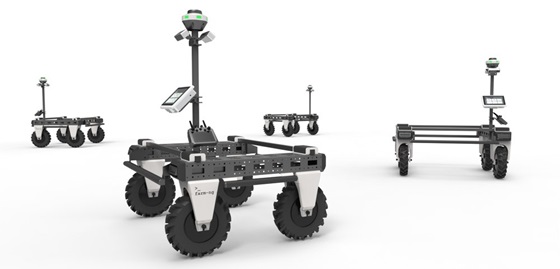Farm-ng, specializing in agricultural technology, announced the successful closure of its Series A funding round, accumulating over $10 million. This funding is intended to bolster the company’s efforts in providing affordable and adaptable robotics and AI solutions, specifically targeting small to mid-sized farms. The company’s flagship product, the Amiga, is a modular electric robot equipped with an on-board AI computer designed to enhance the economic and environmental sustainability of farming practices.
Farm-ng’s technology is notable for its versatility, catering to a variety of environments, tasks, and crops. The Amiga robot is engineered to reduce operational costs, increase crop yields, and deliver a rapid return on investment for farmers. It has been deployed in over 100 instances within 18 months for tasks ranging from seeding and precision spraying to pest management and data collection. The open and extensible software platform allows for broad integration and customization, catering to diverse agricultural applications.
The funding round was spearheaded by Acre Venture Partners, with contributions from Xplorer Capital, HawkTower, and other institutional and individual investors. This financial support underscores the confidence these investors have in farm-ng’s vision and potential impact on sustainable agriculture.
Lucas Mann, Co-Founder and Managing Partner at Acre Venture Partners, highlighted farm-ng’s rapid market penetration and the quality of its robotics and AI solutions. He commended the company’s approach to collaborating with various stakeholders, including growers, researchers, and partners, which has facilitated swift adoption of their technology in the agricultural sector.
The investment in farm-ng comes against the backdrop of significant challenges faced by the agriculture industry, such as labor shortages, climate-related costs, and a lack of precise data for effective farm management. Farm-ng’s solutions aim to mitigate these issues by reducing manual labor and maintenance costs, increasing resilience to labor shortages and climate impacts, and providing valuable data for farming operations.

